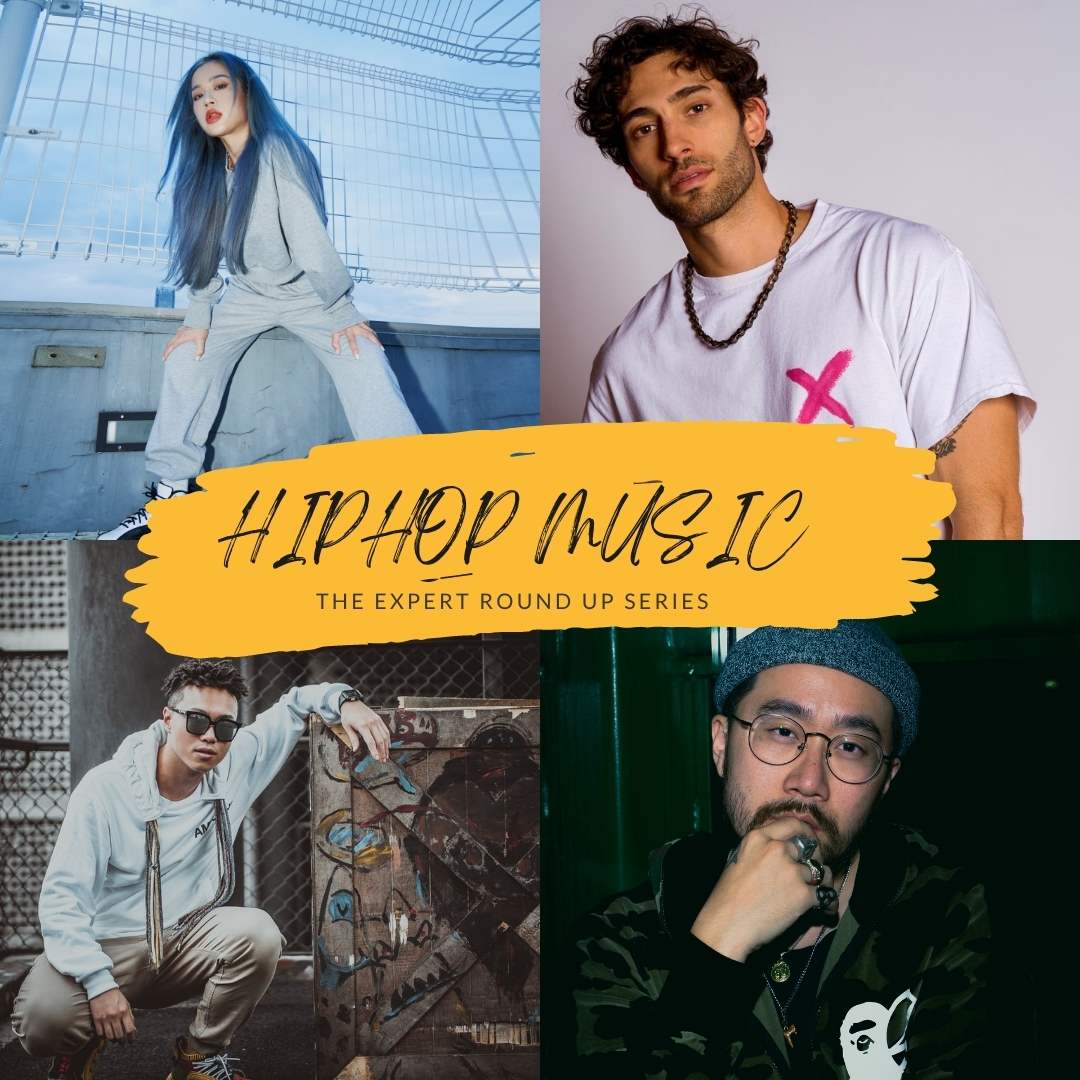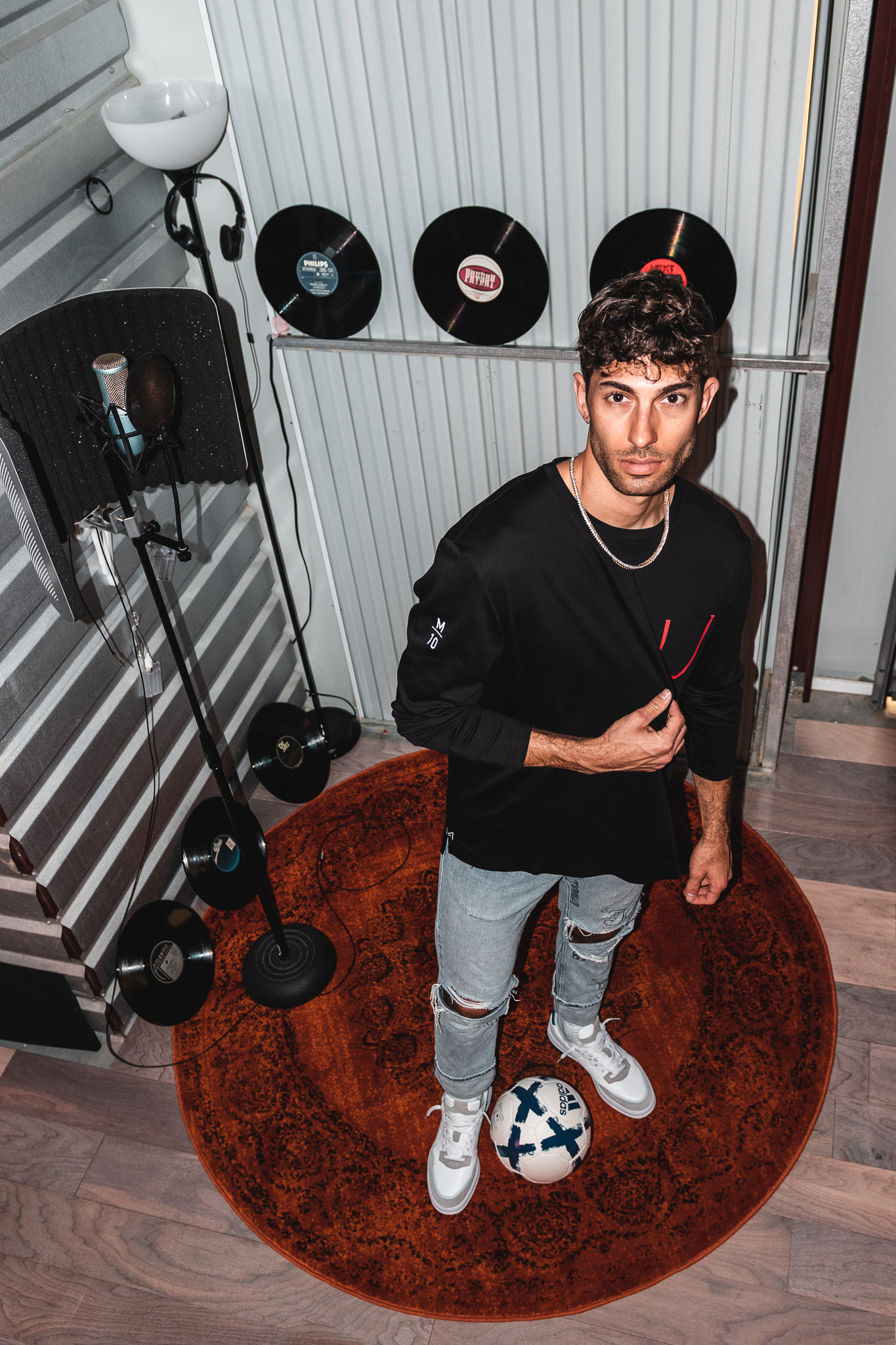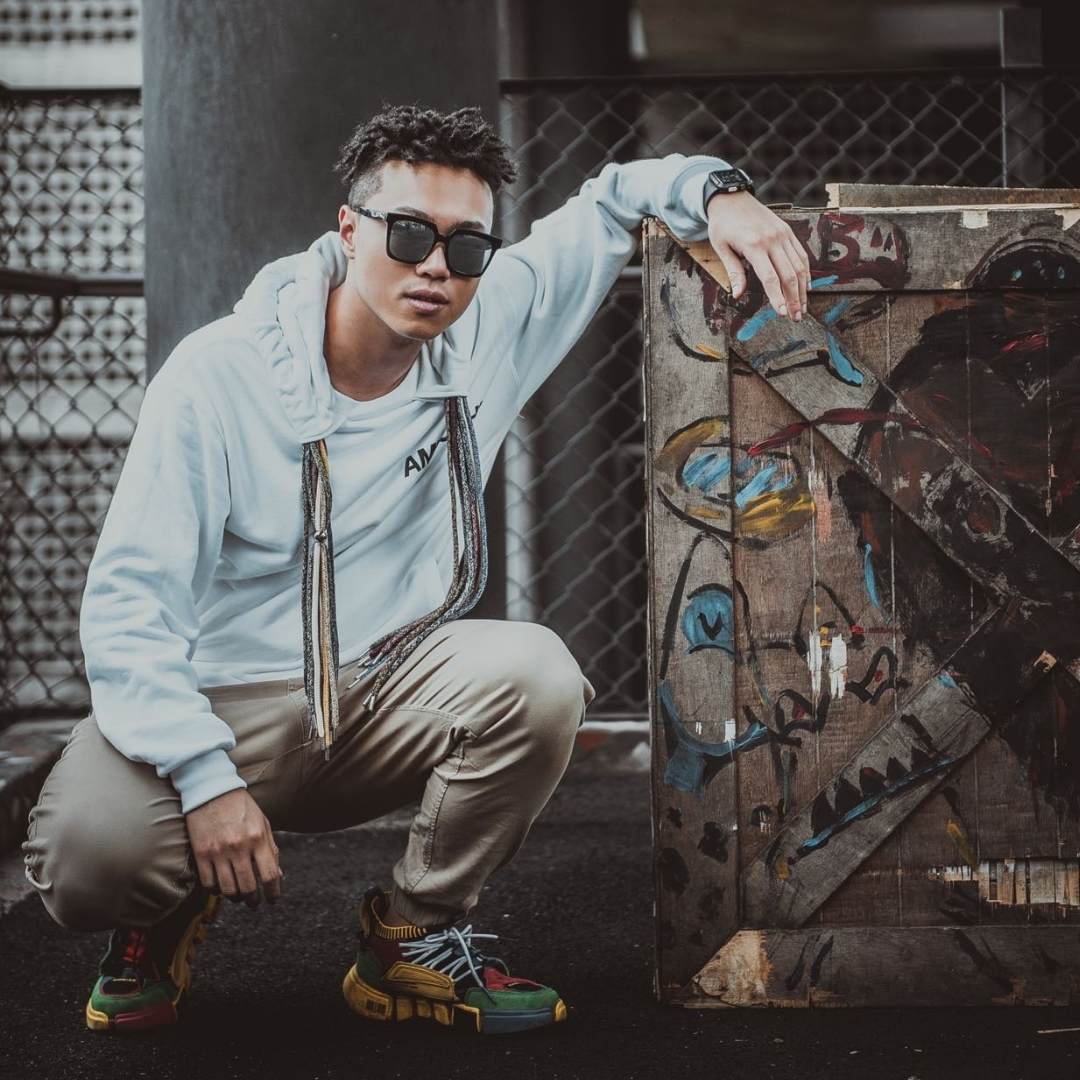
嘻哈音樂系列專訪 – 肥坨坨 FatToc(中國)
February 15, 2022
How To Write Lyrics For A Song?
February 16, 2022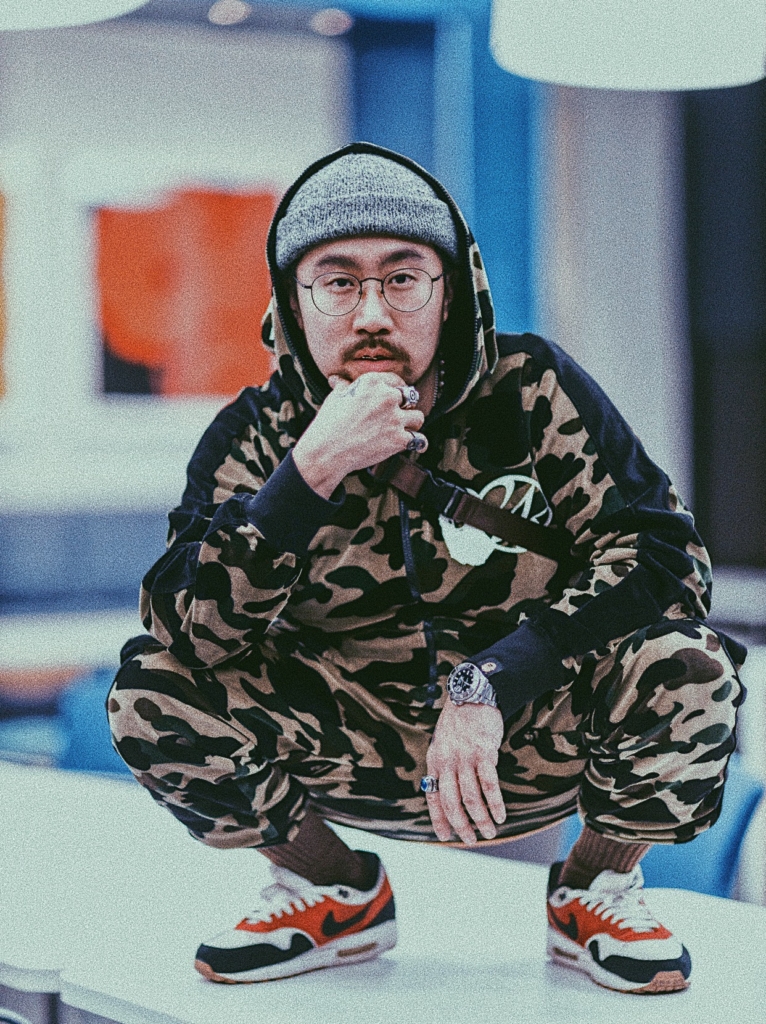
Jason Chu
Chinese American rapper/activist Jason Chu makes music to “speak hope and healing in a broken world”, blending introspective lyricism with high energy live performances.
Jason Chu has performed on the National Mall in Washington DC, shared poetry at the Obama White House, and been featured in the Chinese American Museum. His music has been heard on Warrior (HBO/Cinemax), Snowpiercer (TNT), and Wu-Assassins (Netflix), and recognised by the City of Los Angeles Department of Cultural Affairs. Beyond touring extensively, he also serves as Communications Director at Hate Is a Virus and is a member of the City of Los Angeles 1871 Chinatown Massacre Steering Committee. As an expert on Asian American identity and hip-hop culture. Jason has spoken on the BBC, NBC, and at UPenn, Change makers Youth Summit 2021, Stanford, NYU, and beyond.
Q: What is so special about Hip Hop music?
I think what makes it interesting is the culture of Hip hop. I would say a lot of asian fans of Hiphop, they are only seeing the surface of western Hiphop culture, such as the way they dress, the slang they use, the movement, the dance, and the rap.
But I think for practitioners like me and many other Hip hop artists I know that grew up in this culture. We grew up around black, latino and other natives, Hip hop for us is naturally something we do, it’s a culture that raised us.
I would say so much of my move in my life, not just my music is formed by hip hop culture, that’s something I am really passionate about, and I think it’s very interesting especially for asian audiences who don’t necessarily grow up around black Americans and American urban hip hop cultures. It’s that when artists talk about culture that raised us, and formed us, that could be a very interesting discussion.
Q: When talking about Hiphop Music? What are the common misconceptions about hip hop music that you think many people have?
Here is the thing, I think we have to talk about anti-blackness. Frankly, hip hop as a genre, as a culture, It is rooted in a community response to rational expression. Hip hop was started by kids in black and brown from the poorest neighbourhood in New York city. It’s poor because the families immigrated from other countries, it’s the america in the 1950 to 1960.
So many of these families could not own a home because they were not allowed to. They didn’t have elective representation, there was a lack of generational wealth. It’s not because they are not working hard, it’s just that the system was not built for them to survive, so that’s where hip hop culture came from.
Why do you think hip hop music samples other people’s music? That happened because they did not have the facilities to record and produce music, so they did what they could with what they have. That’s so important for people who are consuming hip hop, because if you don’t understand where it’s coming from, you don’t understand the soul behind it.
Speaking from asian American, as I’m born and raised in America, I think what hip hop fuel us is the way to articulate being on the outside. Hip hop talks about environment, genders, the lifestyle of people who were not given access to normal ways of getting wealth, but I would say the flip side of it is that every culture includes violence, terrible attitudes towards women, and such.
I think the reason why so many hip hop artist when they talk about just what they know it’s labelled as violence, so many culture art effect include a glorification of really negative behavior because that’s all we know, because that’s what it took for us to get from point A to point B, and I think we need a nuanced approach, we gotta understand where it’s coming from.
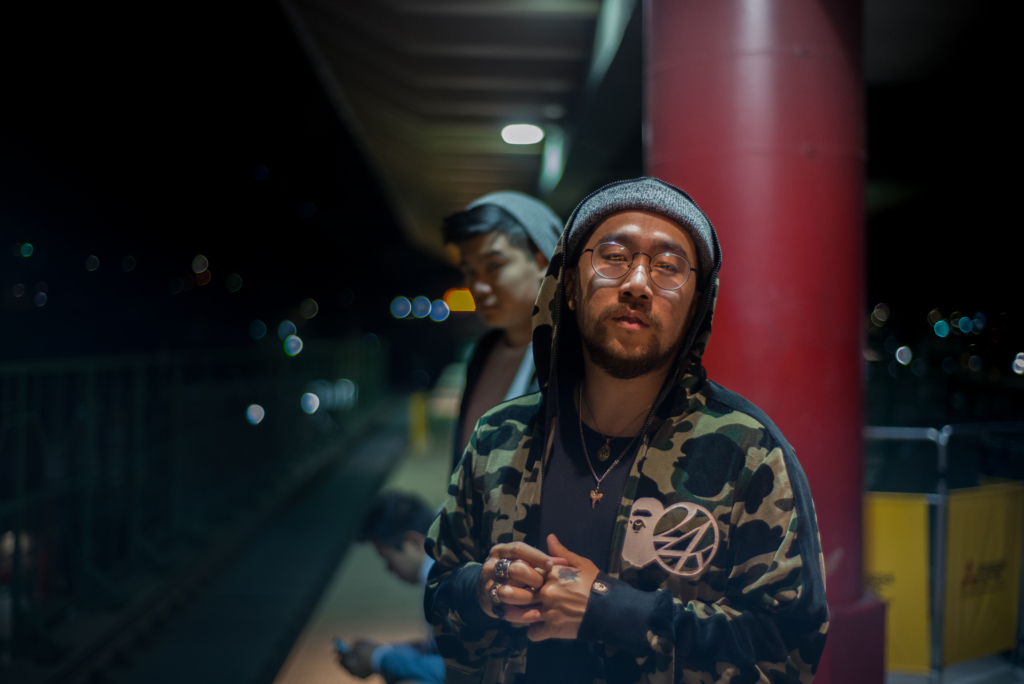
Q: What are some of your influences in music? Is Hiphop always a very big part of your life while you’re growing up?
I grew up listening to kind of everything, from western classical music to punk rock, but what hip hop really resonated with me was just the wick of it, like when a rapper drops a punchline, or says something really clever, it feels so rich to me.
Even today when I listen to a Jay-z song that was written 20 years ago, I heard something new in that too. As I’m older I know more things about the world, it says different things to me.
Hip hop was the first time I heard people who were not coming from the mainstream, hip hop comes from the edges. Even when I was living in Beijing, I remember I was hanging out with kids who grew up with nothing, they work, they hustle, and they love Hip hop music.
I think so much music glorifies the centre, like the people who have money, people who grew up knowing they were the shit. But hiphop takes that focus to where it is, disdaining to get approval from the centre, and make them come to where hip hop is.
Q: Have you travelled to other cities in China besides Beijing? How do you find the Hiphop scene in China compared to LA in general?
Although I was based in Beijing during my time in China, I’ve also travelled to Fo Shan, Guang Zhou, Hong Kong, Xi An, and Shanghai. But Beijing was the first time I rocked on a stage in a venue, the first time I immersed myself in the music scene there.
I love the Chinese Hip hop scene, I think it’s so creative, and the coolest part I found and most people from overseas didn’t know about was that I think so many asian Hip hop scenes really care about authenticity.
Some of the biggest hip hop nerds I met in my life are some of these Chinese dudes, they did the research, they are so hungry to really participate, there is a real fascination with wanting to know where it comes from.
I will distinguish here the difference between appropriation and appreciation. I would say there are definitely people who are appropriating the culture, they mimic what looks cool to them without knowing where it comes from, it’s like a one way street;
Appreciation is when you see something you like, you learn and study about it, you’re gonna show love to it. It’s more like a two way street, you see the value of something, you’re gonna try adding your voice into it, it’s like a hotpot, you are putting what you got into the mix.
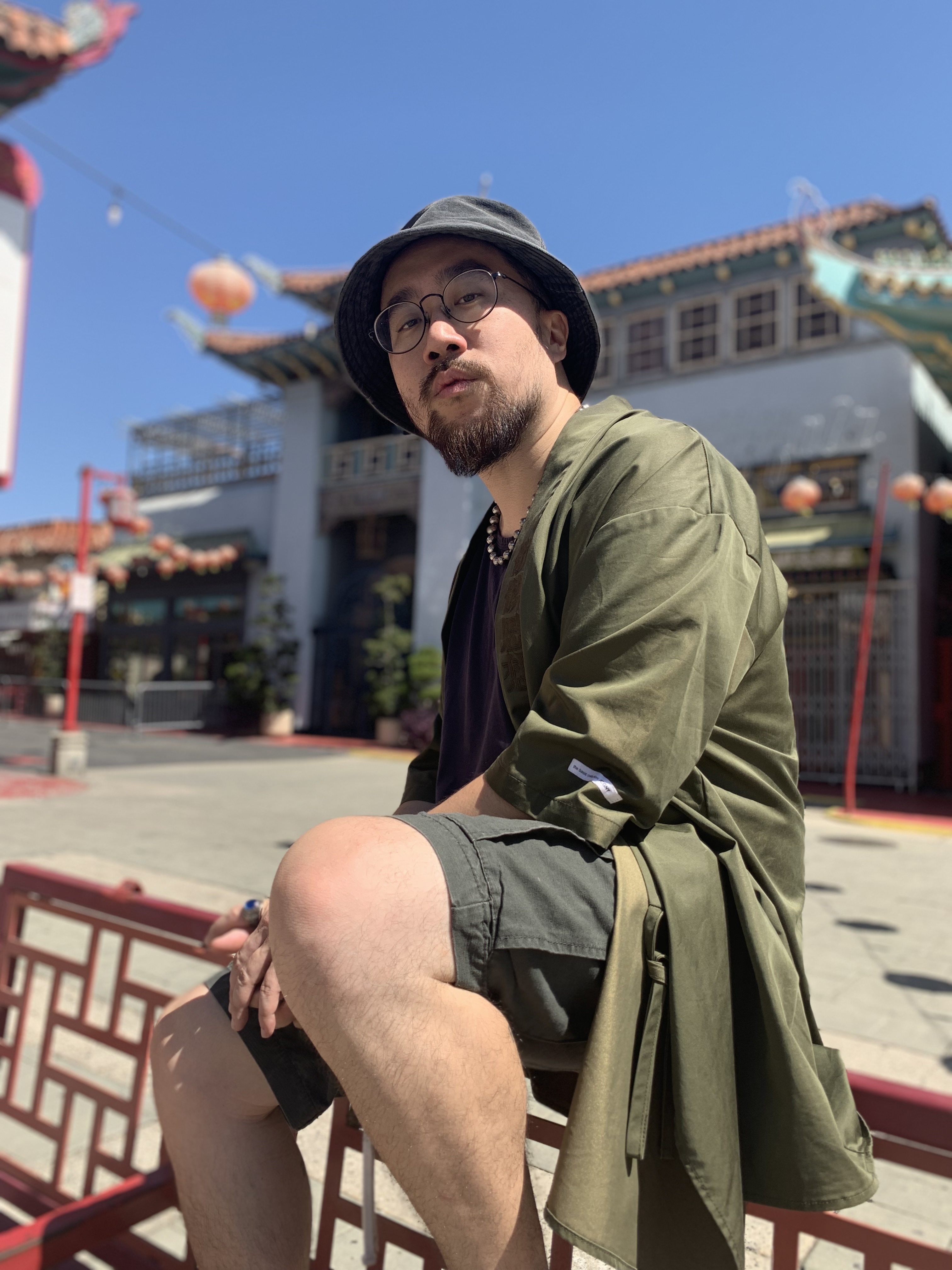
Q: After spending a significant amount of time in both western and eastern Hiphop music scene, have you tried to implement anything you learnt from one side to another?
A good buddy of mine is a black dude who spent 2 years in China studying Hiphop. He always said that going to China made him a rapper, and I always said going into Hip hop culture made me more Chinese, made me more asian.
What I mean is that, I grew up as an asian in America where asian was not normal, it was not cool, it’s not something the culture told me I wanted to be. Living in Beijing, hanging around with Chinese and asian friends in the creative scene connected me to the source.
I see so much strength and beauty in that culture. That’s something I’m bringing to the table, when I rap, I’m not just talking about my life but I’m actually bringing in thousand of years of struggles, changes, creativities, artistries and I’m thinking being in the motherland, being in the home of continent has showed me that I can go out and there is this rich vibrant culture that I bring with me is still alive today.
Q: While you are trying to adapt the asian culture into the western hiphop music scene, did you find it easy to do so and what do you think the western world think about it, could they really resonate with it?
Hiphop is being proud of who you are and where you come from. The culture of Hip hop literally started from a housing project building and the poorest neighbourhood of New York, a place that was seen as not a place where like art and culture come from.
When I bring my Chinese American, asian American self to the table, I would say this If people coming to hip hop, and they don’t know themselves, they proud to be Chinese but they don’t know what it means, what’s the story behind it, then you will get eaten up. People would be like what do you mean you are proud to be an asian or rapper or dancer and you are representing your culture?
If you don’t understand that I don’t think anyone would care or respect. With that being said, if you have done your research, your homeworks, then only you will see the respect and love from other people, so part of the work is us coming to the table knowing what we are representing, when we move with knowledge, wisdom and awareness only it would resonate with people, so the catch is you got to know what you are talking about.
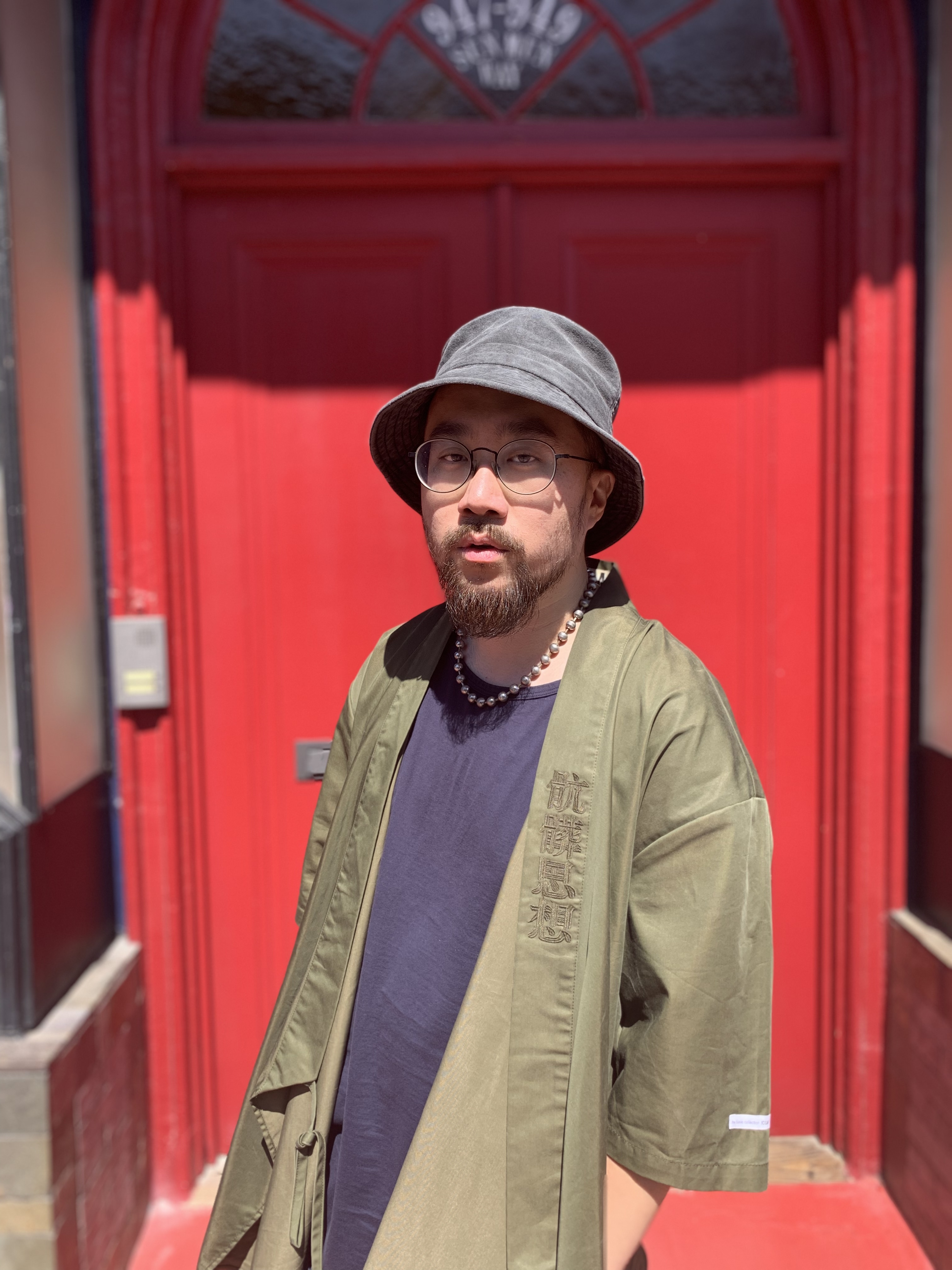
Q: After being around both sides of the world, immersing yourself in the western and eastern hiphop music scene, is there anything that you think either side is lacking or you could bring over from one to another?
I think in the US, as people who have been paying attention to the world news would know, America is terribly divided, violence and an inequitable society. I would say those tensions kind of come from the top down, people who profit from keeping black people and asian people divided, people who profit from poor people, homeless people staying poor.
I think a lot of these companies that are marketing, promoting, and funding hip hop don’t care about the culture, what they do care are the numbers of hip hop music on the billboard top 10, they pay the artist to promote their product, and not to build the community. So I think that in America we need authenticity again, that’s something we have to fight for everyday.
I don’t want to claim to be an expert in the Asian Hip Hop scene, I know some people who are doing really cool things, but I would say that my impression of Asia needs to keep digging beyond the surface. When you are showing a certain lifestyle in your music, do you know where the lifestyle comes from? Do you understand the conditions, the neighbourhoods, and the last three generations of struggle of poverty it took?
When someone shows off a three hundred thousands watch, but you don’t understand that he didn’t grow up rich, for him that Rolex or luxuries that he’s showing represents freedom from a struggle, it doesn’t just represent how much money he has.
So I think that’s something a lot of asian folks, especially those who got money and privilege should understand why hip hop artists celebrate wealth so much, It’s not because I got money I better than you, It’s because the background they came from, they couldn’t afford to have all these things and now they are doing better.
I think that when asian folks can understand that, it helps us understand why hiphop is the way it is, and it helps us translate that into our culture, who are the people in our culture who have the same life experiences or parallel life experiences to the way people are treated in America.
Q: Talking about the rise of Hiphop Music in Asia, especially China in recent years. What are the things that you think aspiring Hiphop artist could do in order to go beyond the surface level?
I recently just read the Dapper Dan author biography, for those who do not familiar about him, Dapper Dan was the Hip hop fashion guy in the 70s and 80s, he was the first one to make all the T-shirt with the monogram, the Gucci sweatshirt with the big logo, the autobiography talks about how systemic racism put his family in a place where they were struggling to survive in Hariem even though they were educated and hardworking.
It doesn’t have to be that one book, what I’m trying to say is to understand the culture, like when you are dating a girl or guy and they come from a different culture than you, you gonna wanna learn about their culture, it’s the same thing. If you start to love hip hop culture, you can’t love something when you don’t know where it comes from, that’s just exploitation.
The more that asian folks can understand why it’s being done, not just what it’s being done, the more you can start uncovering the soil and root of Hip Hop, and that’s what makes your enjoyment of Hip hop more authentic, not only can you enjoy it better and you can also contribute to it better.
Q: As a Hip hop artist yourself what are you trying to achieve in your music career, what’s your biggest goal right now?
My mission statement is speaking hope and healing a broken world, that’s all I wanna to do. At the end of the day, I just hope my impact, the weight of my life was that I was faithful to helping people. I wanna be financially sustainable, I want to be able to pay my bills, but I want to do it by giving people hope, and helping people heal, and that’s all the music I put out.
It’s about culture, history, and community, because at the end my real hope is that the scale of my life would be weighted towards making a positive impact, making a structural change, and I don’t think I can do it alone, but I want to be part of that side of history.
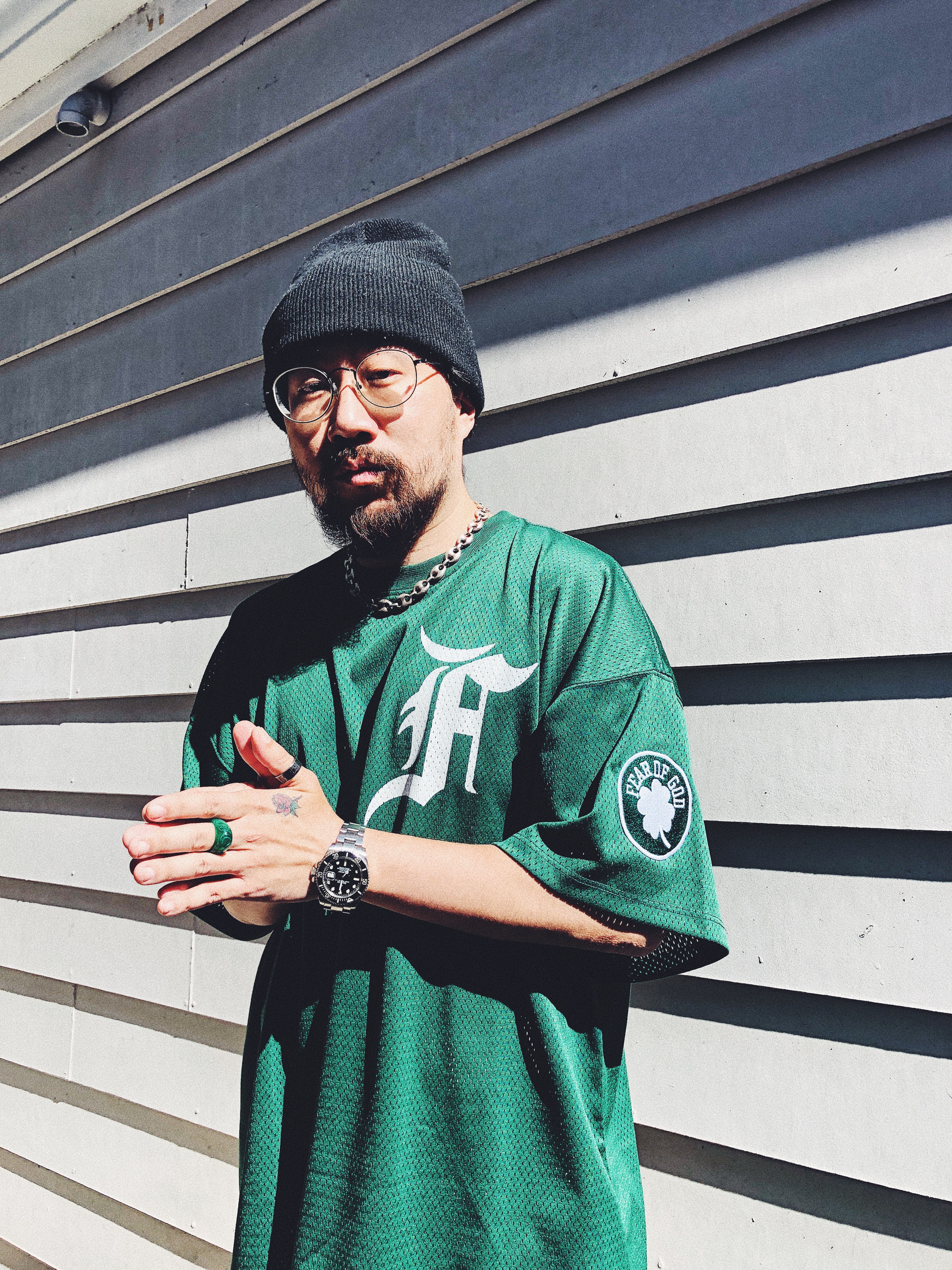
Q: How do you see yourself in the next 5 years, do you have short- term and long term goals at this moment? What’s your next move?
Yea my company and I, we are tightening up right now. I dropped face value and an album with Alan Z, and a lot of amazing asian American and African American guests last May. My last solo project <Living Room> came out in 2020, so my company and I right now are working on my next solo project.
We just got together with some producer in a writing camp a couple weeks ago, so it’s definitely got an album on the waiting list here. I’m also an artist and resident in the Chinese American museum this year, creating anti racist star, I’m really excited for it! it’s gonna be a dedicated year, to just try and make good arts that help people, and uplift people.
The next 3 to 5 years, the goal is to keep sharing the message out there, to stay in touch with culture, see where it’s going, keep making dope art, and continue to make sustainable income to allow me to support my team. In short, the plan is to do great things with good people.
What I have learned is that I will never know where the next win is coming from. Sometimes, you can get to where you want to go without going the way that others have gone. So, I’m just trying to stay true to myself, and stay in tune in receiving what the universe has gotten for me.
Q: Thank you so much for spending time to share with us, Is there anything else you would like to say to the readers on Good Noise?
If there’s one way to sum it up to whoever is reading this right now, you know look for the solent thing, if something is awesome, definitely fall in love with something that’s cool, but if there’s something that you think that’s really beautiful, and interesting, ask where it comes from, and the enjoyment can be so much richer. 🙂
~Follow Jason Chu everywhere @jasonchumusic.


